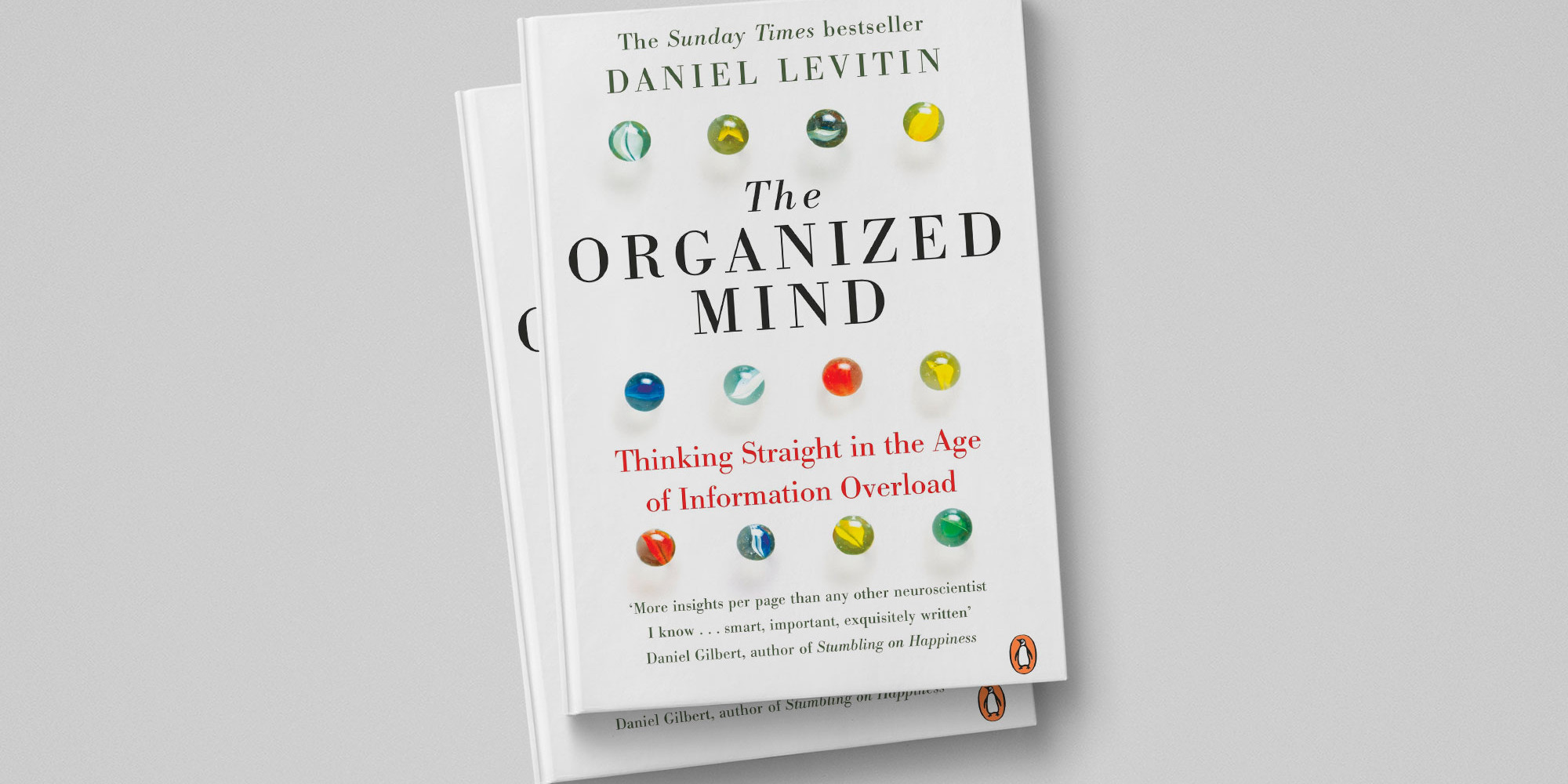It is incredible how far apart many doctors in modern medicine are from the father of medicine, Hippocrates, who considered every aspect of the person holistically in his teaching, treatment and patient interaction. In researching this article, I was struck by how many doctors recognize the diverging nature of patient-doctor goals and are still being trained according to a specific scientific model. This strained relationship is made worse because many of us have grown up encouraged to have obedience for a figure of authority and therefore do not have the confidence to question a diagnosis or the reasons we are given a medical prescription rather than an alternative. The Milgrams experiment explains in more detail the psychology of human behaviour when it comes to challenging doctors.
There is still a traditional belief that doctors know everything and that the patient understands little about their own bodies. Doctors are human and make mistakes. However, we all contribute to the myth – as patients we want to have that ‘magic bullet’ that will heal us without much self-evaluation or effort. Because of discoveries such as penicillin by Alexander Fleming in 1928 we think that the silver bullet concept can cure all other diseases. Hippocrates was very aware of his infallibility and did not hide what he didn’t know – we should expect this from doctors today. Of course, we all recognise the cost and risk associated with this shift in balance, but that should not stop the much needed change.
We all get sick and most times our body can repair the damage as a matter of routine. When this doesn’t happen, we witness how much Modern medicine has progressed to help us. However, if doctors can be more honest about their own and medicine’s limitations to cure every ailment, I believe that people will take more ownership of their health. This is the start of a collaboration between doctor and patient needs towards a mutual respect that includes disagreement, debate and discourse.
The best way I found to improve my confidence to challenge a medical practitioner was to research everything I could about the illness. And while Google can be scary, the information you find will help you to understand the exclusive language that is used by medical professionals before your appointment and put you on a similar conversational level. A discerning researcher will also take note of the source and avoid pseudoscience. The next thing to do is to give your immune system time to work. For example, research shows that more than 40% of abdominal pain goes away on its own and is then diagnosed as “undifferentiated abdominal pain”.
Most doctors are interested in progress, but we have all come across those that are ‘set in their ways’ (so are some patients). In this case, it is important that you take responsibility, and ask questions that will help you make a decision – explain to your doctor what you hope to gain from the visit. If your doctor won’t explain the reasons behind his or her thinking and diagnosis, then consider changing to someone who will.
We are moving towards personalised medicine and treating people the same is outdated. A more holistic approach towards your health and medical treatment starts with you and a more confident interaction with your doctor. The growing medical revolution will mean that your personal data about your body, health and illness can be accessed, measured, monitored and analysed. There are many bio markers for you to choose from these days. You can start taking ownership of gathering your own health data, and by clicking on the Podcast for your Microbiome results ‘Test to find out about your personal gut garden’ . Then sit down with your doctor, wellness practitioner or contact us to discuss the implications for your optimum health.
Related Posts
Green smoothie without fruit to kickstart your day
I stopped having fruit smoothies a while ago because of the high sugar content and the negative effect it was having on my skin. Finding a tasty…
Book to help you organize your thoughts
There are so many mind-body books out there, so recommending the first one is a challenge. I chose this one because it appeals to all ages, genders…


